Tanzania is home to Africa’s highest mountain, Kilimanjaro and with several famous national parks and game reserves there is plenty for visitors to see and do. Having witnessed the wonders of the stampede of wildebeest across the Serengeti one May, I took a few days out to savour these new memories and camped on the shores of Lake Victoria. Whilst there I met some local people who were making wedding preparations for a couple in the nearby village.
I was invited to attend. I didn’t know what gift to take. Whilst in the West there are wedding gift lists and gifts by year for wedding anniversaries I didn’t know what was appropriate and didn’t want to offend. I was guided to buy a terracotta cooking pot, and I saw there were some similarities to a western wedding.
Traditional wedding customs
When the women are ready to leave their parents to be married, they are given traditional wedding gifts that are generally items they will need to set up a future home. With her future husband generally not able to cook, since it is the women that provide the care in the family, he will move into a new home with his wife who will take over the role of caring for him.
The prospective wife therefore needs to be able to fill her new home with essentials. On the day the bride-to-be leaves home, she will hold a party at her parents home to say goodbye to her own family and her neighbours. At the party, those invited offer her a gift. It is tradition that the person making the gift explains how it is used, even if the woman is already familiar with the item. There was much laughter as I tried to explain how to use the terracotta pot with my limited Swahili vocabulary
Traditional wedding gifts
Here are some of the traditional gifts that are offered to couples getting married. If you are looking to marry in Tanzania or Zanzibar, or have been invited to a wedding there, you may want to incorporate some of these items into your own wedding celebrations:
Kijomela: A container used to drink the local brew. These brews range from the delightful to the horrific. Honey beer is syrupy like mead, Gongo is an illicit spirit generously referred to as gin, but the only resemblance is the fact that both are clear liquids.
Mpasa: Needed in the harvesting season, this is a mat made from reeds that is used to dry grains and cereals.
Lisala: This is a container that was traditionally used to carry water and also as a container for preserving cereals so that they could be securely stored and saved for the leaner months and not be destroyed by pests.
Chihulu: A clay pitcher or pot used to fetch water or to store the local brew. This is usually a large size.
Chiviga: This is a clay cooking pot. These are a treasured item because, unlike metal pots, heat and moisture circulate during cooking, preserving the nutrients and providing tastier food. Clay also interacts with the acidic foods like potato, meat, rice, making them sweeter.
Kibao cha Chapati: A small table on which to make chapati or rolls which is sometimes paired with a chigoda, which is a small round stool with 3 legs
Litefu: A sleeping mat. If the bride have generous friends and neighbours they may have additional litefu to used separately for seating or for the serving of food
How to get married in Tanzania
Your country’s Embassy will provide you with accurate information for your planned wedding in Tanzania, but here is a brief overview of the rules that have remained constant for a while:
• Before getting married in Tanzania you are required to get a “certificate of no impediment” from your home country. This is a notarised statement that declares that you you are free to marry.
• If you wish to marry in a religious ceremony, you will probably need a letter from religious head.
• You must first contact the Office of the District Commissioner nearest to your wedding location to notify the government of your intention to get married.
• At the Registrar of Marriages you must complete the necessary forms, pay the fee and submit documents including passports, certificate of no impediments and passport photos.
• You must wait twenty-one days so that others may register a complaint. Alternatively pay extra for a Special Marriage License and don’t wait.
• You may need to register or confirm your marriage at the Embassy for it to be recognised in your home country. Polygamous marriages, marriages to underage persons or very close relatives may be possible in Tanzania, but are usually legally binding outside the country.



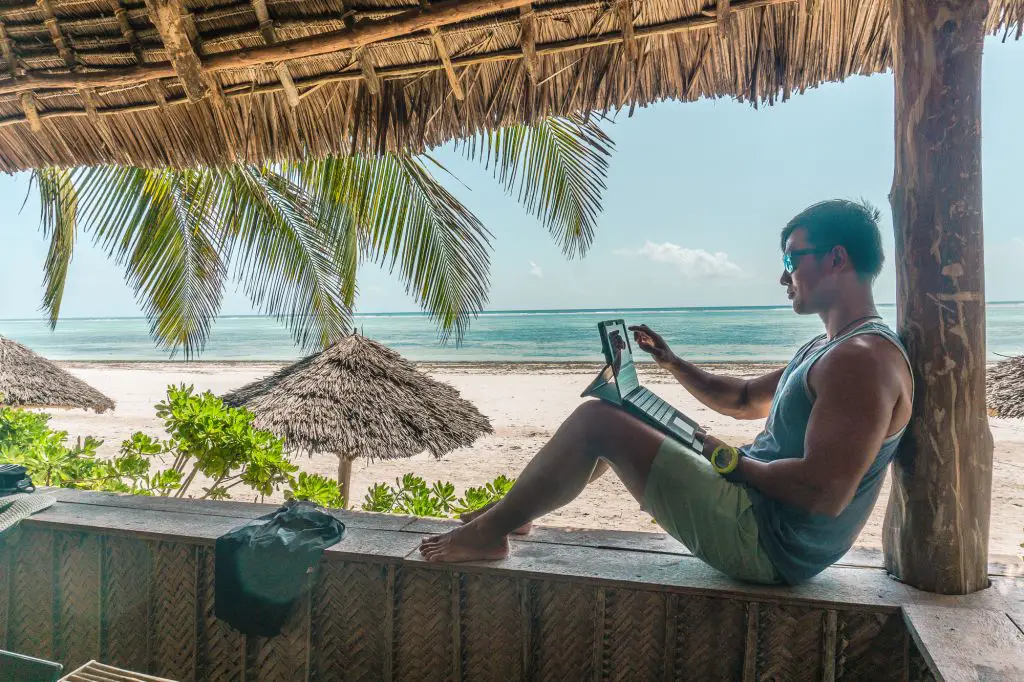
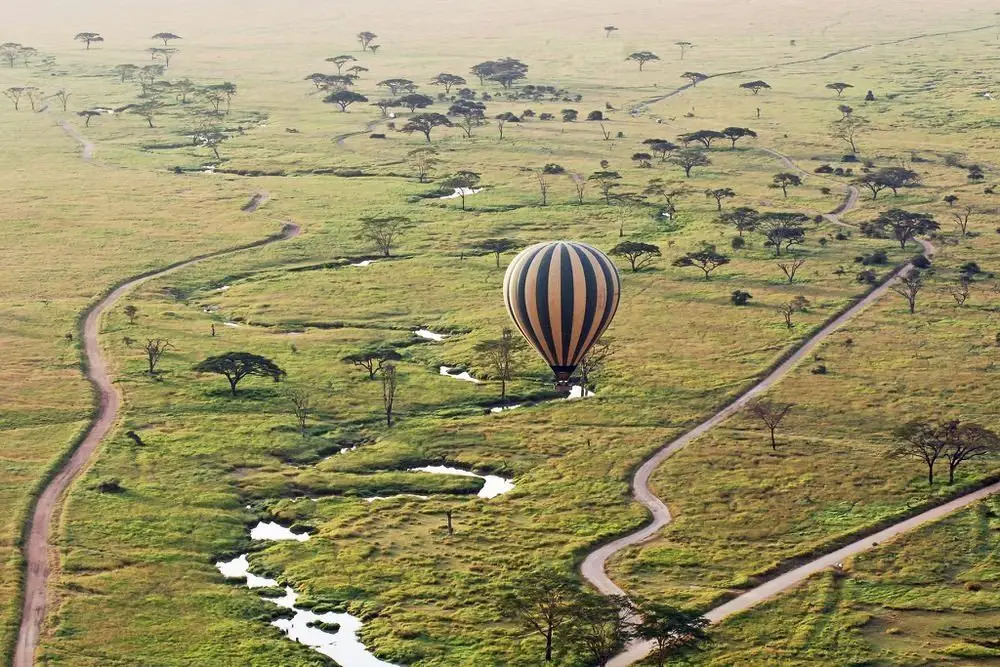
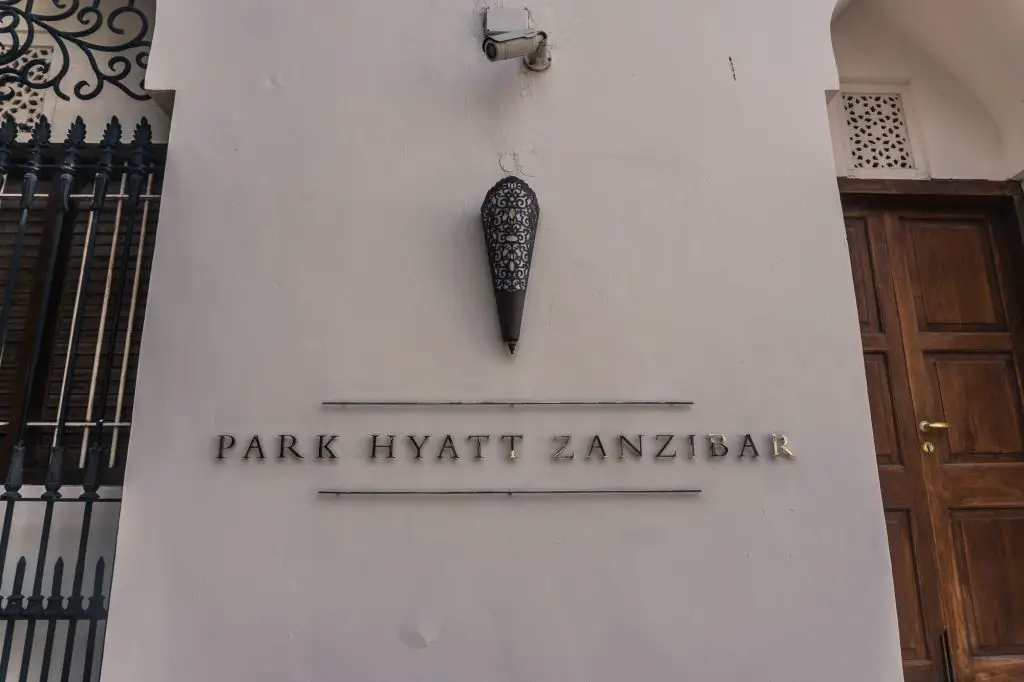
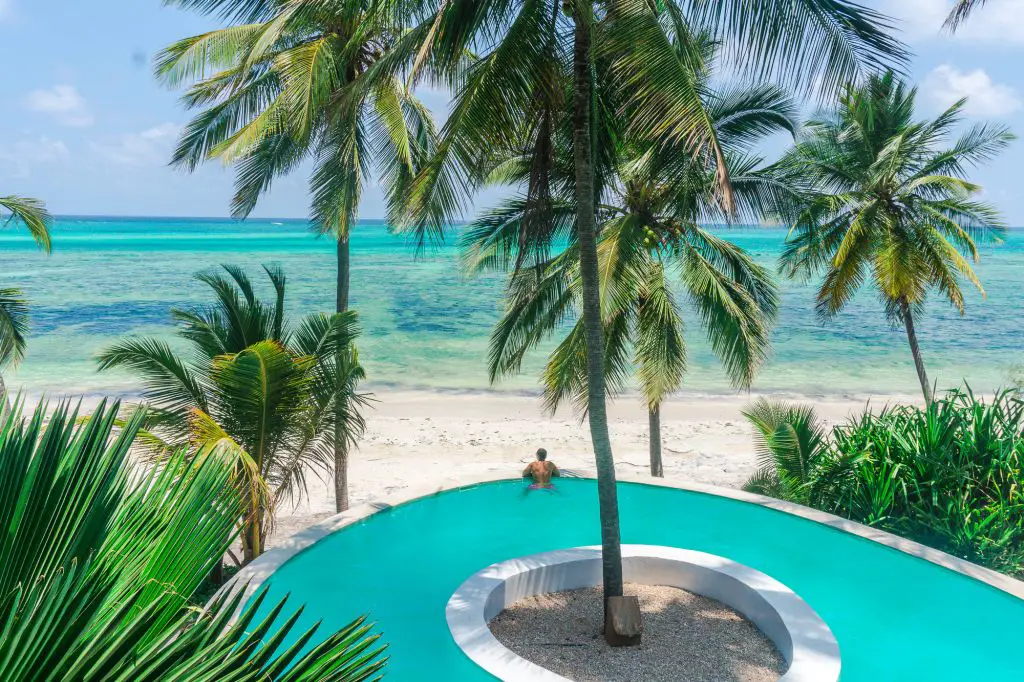
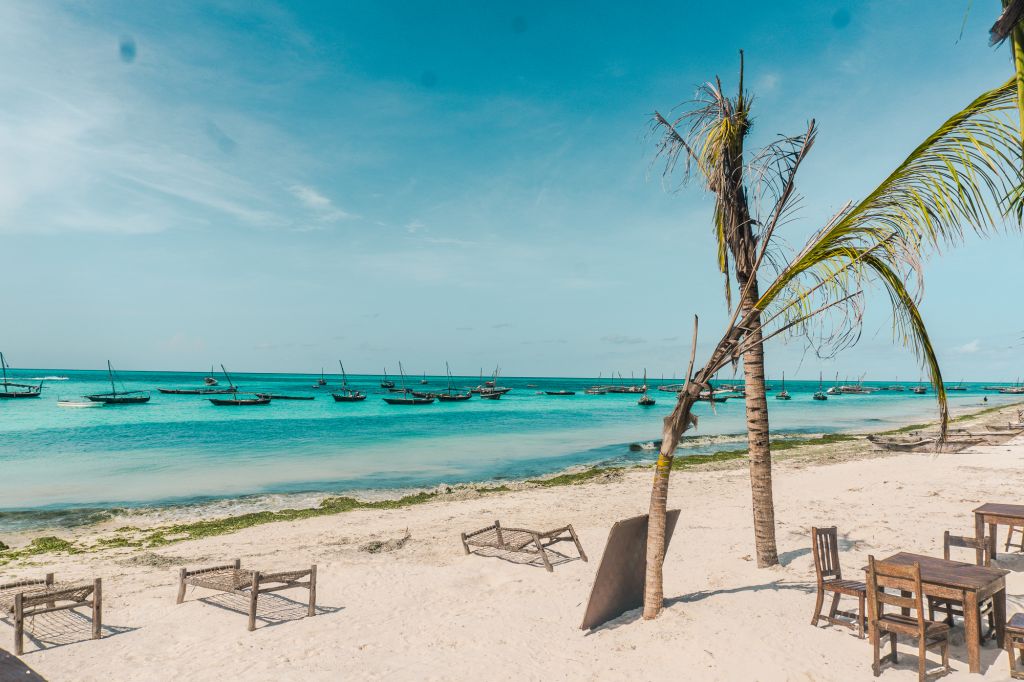

Tanzania is a nice pick when it comes to wedding venues and honeymoons. It offers wonderful attractions that couples will surely love. No doubt, a friend of mine chooses Tanzania to be their venue for the special day. Anyway, thanks for this article. It is very much interesting, giving us an idea of the traditional wedding gifts to give the newly weds.